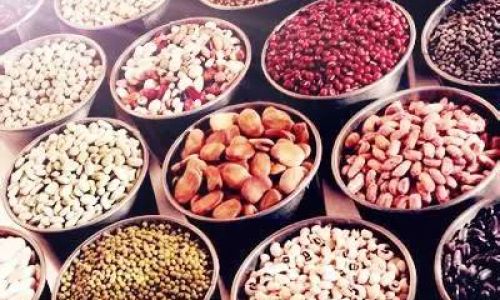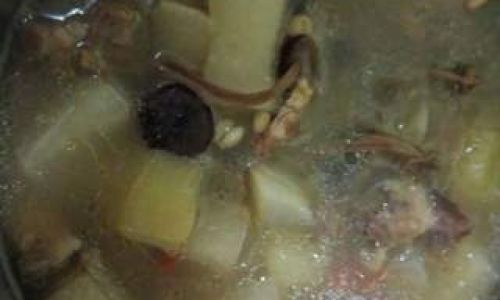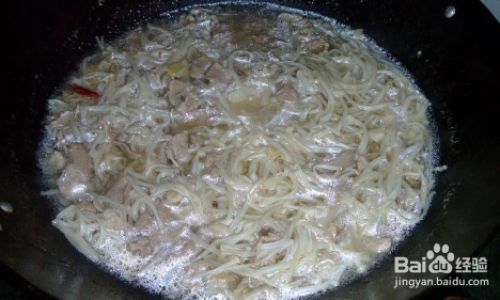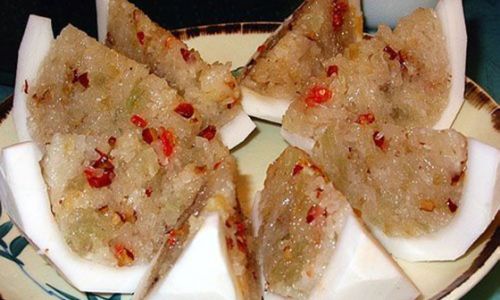Introduction
Pickled vegetables, often referred to as preserved or fermented vegetables in various cultures, have been a staple in many diets for centuries. From the tangy kimchi of Korea to the savory sauerkraut of Germany, these fermented delicacies not only add a burst of flavor to meals but also offer a range of health benefits due to their probiotic content. However, a common concern among consumers is the safety of consuming pickled vegetables that have been aged for extended periods. Can you still eat pickled vegetables if they’ve been preserved for too long? This article delves into the intricacies of pickling, the effects of prolonged aging, and the safety guidelines to follow when consuming long-aged pickled vegetables.
Understanding the Pickling Process
Pickling involves preserving food, typically vegetables, by immersing them in a brine solution, often containing vinegar, salt, and sometimes spices or herbs. This process creates an environment that inhibits the growth of harmful bacteria while allowing beneficial lactic acid bacteria to thrive. Lactic acid fermentation is a natural process where sugars are converted into lactic acid by bacteria, lowering the pH of the food and making it inhospitable for pathogens.

The traditional method of pickling often involves natural fermentation, where the vegetables are left to ferment at room temperature for several days to weeks. Modern pickling techniques may use pasteurization or the addition of vinegar to expedite the process and ensure consistent results. Both methods aim to achieve a stable, safe product with a long shelf life.
The Role of Time in Pickling
Time plays a crucial role in the pickling process. Initially, during the fermentation stage, beneficial bacteria consume sugars and produce lactic acid, creating the desired taste and texture. This stage can last from a few days to several weeks, depending on the type of vegetable, the temperature, and the specific pickling recipe.
As fermentation progresses, the pH level drops, further inhibiting the growth of harmful bacteria. However, prolonged aging beyond the recommended period can lead to changes in the pickled vegetables’ taste, texture, and nutritional profile. More importantly, it can also affect their safety.
The Risks of Consuming Long-Aged Pickled Vegetables
-
Microbial Growth: While the acidic environment of pickled vegetables inhibits most harmful bacteria, certain types, such as Clostridium botulinum, can still pose a risk, especially in improperly prepared or stored pickles. Botulism, caused by the toxin produced by C. botulinum, can be fatal. Although rare, cases of botulism have been linked to home-canned and fermented foods, including pickles, that have been stored for too long or under inappropriate conditions.
-
Changes in Texture and Flavor: Over time, pickled vegetables may lose their crispness and develop an unpleasant, overly sour or bitter taste. This is due to the continued breakdown of cellular structures and the accumulation of metabolites produced by the fermenting bacteria.
-
Nutrient Loss: Prolonged aging can also lead to the loss of vitamins and minerals, reducing the overall nutritional value of the pickled vegetables.
-
Formation of Harmful Compounds: In some cases, prolonged fermentation can result in the formation of compounds such as histamine, which can cause allergic reactions or intolerance in sensitive individuals.
Safety Guidelines for Consuming Long-Aged Pickled Vegetables

-
Follow Recipe Instructions: Always adhere to the recommended pickling and storage times provided in the recipe. This ensures that the pickled vegetables reach the desired level of fermentation without becoming unsafe.
-
Proper Storage: Store pickled vegetables in a cool, dark place away from direct sunlight and heat. This slows down further fermentation and helps maintain quality.
-
Inspect Before Consumption: Before eating, visually inspect the pickled vegetables for signs of mold, discoloration, or off-odors. Discard any jars or containers that show signs of spoilage.
-
Use Clean Utensils: Always use clean utensils to avoid cross-contamination when removing pickled vegetables from their storage containers.
-
Know the Signs of Food Poisoning: Be aware of the symptoms of food poisoning, such as nausea, vomiting, diarrhea, fever, and abdominal pain. If you experience these symptoms after consuming pickled vegetables, seek medical attention immediately.
-
Consider Pasteurization: For long-term storage, consider pasteurizing the pickled vegetables after fermentation to stop the fermentation process and further extend their shelf life. Pasteurization involves heating the pickled vegetables to a specific temperature for a certain duration to kill any remaining bacteria.
Conclusion
In summary, while pickled vegetables can be a delicious and nutritious addition to your diet, consuming those that have been aged for too long can pose risks. By understanding the pickling process, recognizing the potential dangers of prolonged aging, and following safety guidelines, you can enjoy the benefits of fermented vegetables without compromising your health. Remember, the key to safe consumption lies in proper preparation, storage, and timely consumption. If in doubt, err on the side of caution and discard any pickled vegetables that have been aged beyond their recommended shelf life or show signs of spoilage. After all, the best way to enjoy the taste and health benefits of pickled vegetables is to ensure they are safe to eat.






0 comments